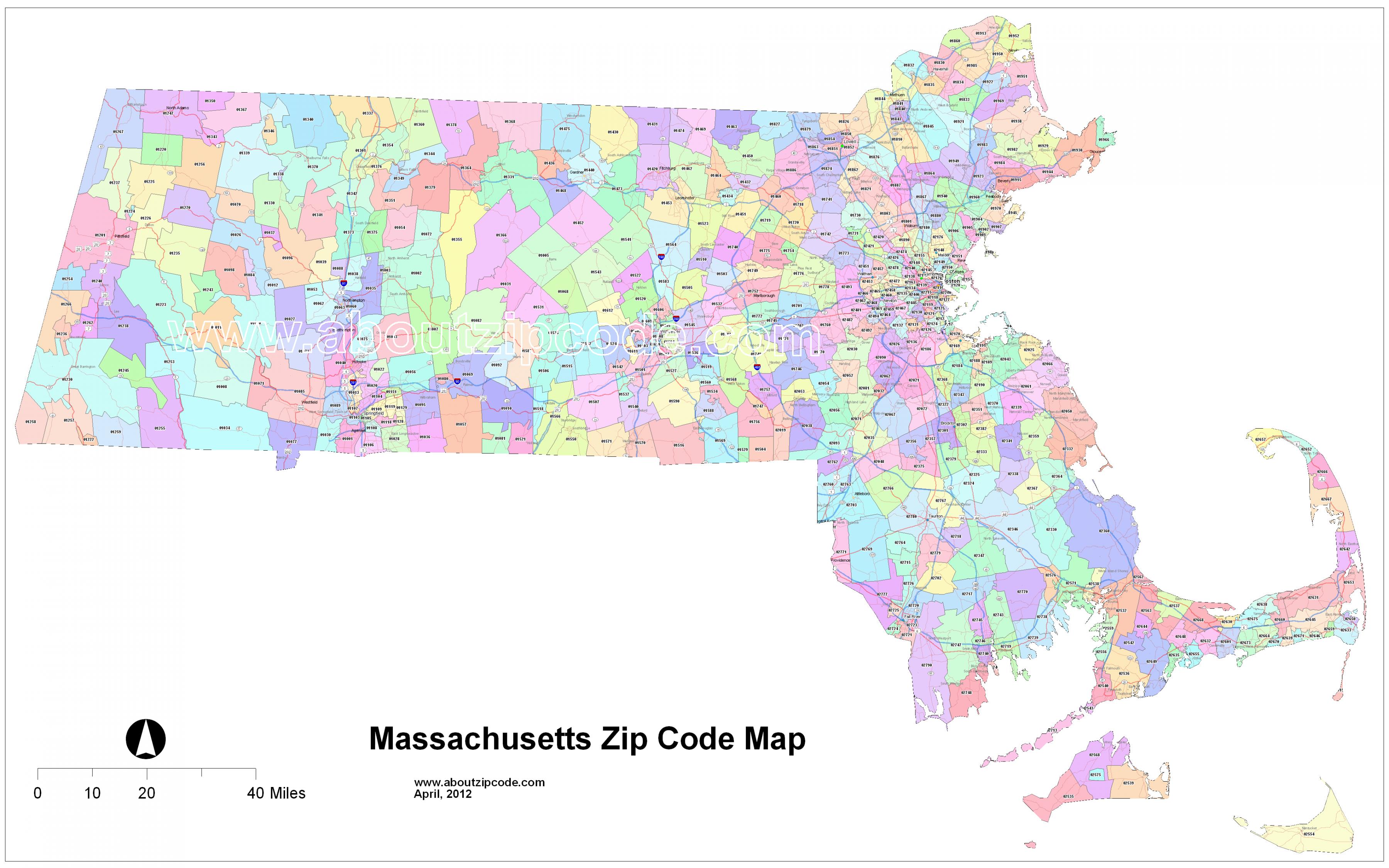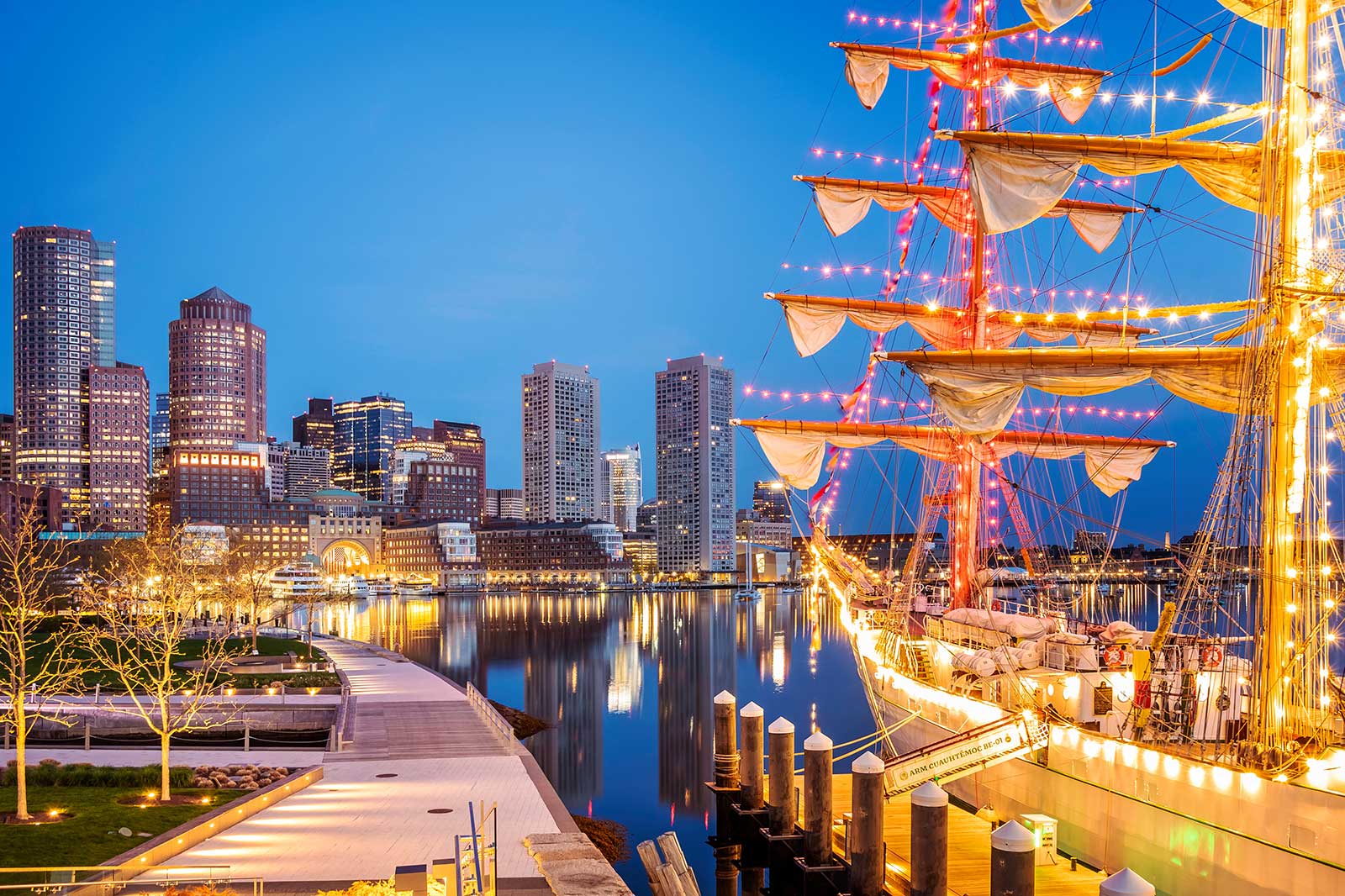Have you ever wondered what the Boston code number is? Well, let me tell you, it's more than just a random set of digits. The Boston area code plays a crucial role in how phone numbers are structured in the city. If you're planning to call someone in Boston, it's important to get familiar with this number. Stick around, because we're about to dive deep into the world of area codes and uncover some interesting facts along the way.
Picture this: you're scrolling through your contacts, and you see a number that starts with 617 or 857. Do you know what that means? These numbers are part of the Boston code system. They're not just random numbers; they're actually a gateway to understanding how communication works in one of America's most historic cities. We'll explore everything from the origins of these codes to how they've evolved over time.
Now, why does this matter? Well, in today's digital age, where communication is instant and global, understanding local area codes can still be pretty handy. Whether you're a tourist, a business owner, or just someone who wants to impress their friends with random trivia, knowing the Boston code number can come in handy. So, let's get started, shall we?
Read also:Sean Mcvay Exwife The Untold Story Behind The Headlines
What is the Boston Code Number?
Let's break it down. The Boston code number refers to the area codes used in the Greater Boston region. Currently, there are two main area codes: 617 and 857. Both of these codes serve the same geographic area, which is known as an overlay. This means that both codes can be used interchangeably when making calls within the region. Cool, right?
But wait, there's more! The introduction of the 857 area code back in 1997 was a response to the growing demand for phone numbers in the area. As Boston grew, so did the need for more numbers. This is why you might see both 617 and 857 being used by people in the same neighborhood.
A Brief History of the Boston Area Code
Back in the day, when rotary phones were all the rage, the 617 area code was introduced in 1947. It was part of the North American Numbering Plan (NANP), which aimed to standardize telephone numbering across North America. At the time, 617 covered not just Boston but also large parts of eastern Massachusetts.
Fast forward to the late '90s, and things started to change. The rapid expansion of telecommunications meant that a single area code was no longer enough. Enter 857, which was introduced as an overlay to 617. This move allowed for more phone numbers to be issued without disrupting existing ones. It was a clever solution to a growing problem.
Why Was an Overlay Necessary?
Think about it: in the '90s, cell phones were becoming more popular, and businesses were expanding. All of a sudden, there was a surge in demand for new phone numbers. The old system of splitting area codes geographically just wasn't cutting it anymore. That's where overlays came in. Instead of dividing the region into smaller areas, they simply added a new code to the mix. Problem solved!
Now, if you're wondering why this matters, consider this: overlays help maintain continuity. People who already had 617 numbers didn't have to change them, and new numbers could be issued without confusion. It was a win-win situation for everyone involved.
Read also:Juice Wrld Seizure Video The Truth Behind The Headlines
How Do Boston Area Codes Work?
When you make a call in Boston, you'll need to include the area code even if you're calling someone in the same city. This is because of the overlay system. Whether you're dialing a landline or a mobile phone, including the area code is essential. It's like a GPS for phone networks, helping calls find their way to the right destination.
Here's a quick breakdown of how it works:
- 617: The original area code for Boston and eastern Massachusetts.
- 857: The newer overlay code introduced in 1997.
Both codes cover the same geographic area, so you can use either one when making a call. Just remember to include the area code every time you dial, even for local calls.
Do You Need to Dial the Area Code for Local Calls?
Yes, you do. Thanks to the overlay system, you'll need to dial the full 10-digit number, including the area code, even for local calls. It might seem like a hassle at first, but it's actually pretty straightforward once you get used to it. Plus, it ensures that your call gets connected without any issues.
Here's a tip: if you're using a smartphone, you can save contacts with their full phone numbers. That way, you don't have to worry about remembering the area code every time you make a call.
Common Misconceptions About the Boston Code Number
There are a few myths floating around about the Boston area code, so let's clear them up. First off, some people think that 617 numbers are "better" than 857 numbers. Not true! Both codes serve the same area and have the same functionality. It's all about personal preference and when the number was issued.
Another misconception is that you can tell where someone lives based on their area code. While this might have been true in the past, with the rise of mobile phones and number portability, it's no longer a reliable indicator. Someone with a 617 number could live in Boston, or they could live in another part of the country. It's all about how the number was assigned.
Can You Choose Your Area Code?
Not exactly. When you sign up for a new phone line, the carrier assigns you a number based on availability. You might be able to request a specific area code if it's still available, but there's no guarantee. It all depends on the carrier's policies and the current pool of available numbers.
That said, if you're moving to Boston and want a local number, you can usually request a 617 or 857 number when setting up your service. Just keep in mind that this might not always be possible, especially if the carrier is running low on numbers in that area.
Why is the Boston Code Number Important?
The Boston code number is more than just a set of digits; it's a reflection of the city's growth and evolution. It shows how communication has adapted to meet the needs of a rapidly expanding urban area. Whether you're a local or a visitor, understanding the area code system can help you navigate the city more effectively.
For businesses, having a local area code can be a big advantage. It signals to customers that you're based in the area and are familiar with the local market. This can be especially important for small businesses that rely on community support. In a city like Boston, where history and tradition are highly valued, having a local number can go a long way in building trust and credibility.
How Does the Area Code Impact Business?
For businesses operating in Boston, the area code can play a significant role in their branding and marketing efforts. A local number can help establish a sense of community and belonging. It can also make it easier for customers to remember and reach out to the business.
Here are a few ways businesses can benefit from having a local area code:
- Increased trust and credibility with local customers.
- Easier recognition and recall for customers.
- Improved customer service through faster response times.
Of course, in today's global market, having a local number isn't always a dealbreaker. But for businesses that rely heavily on local customers, it can be a valuable asset.
How to Find Someone's Boston Code Number
So, you've got a friend or a business you want to call in Boston, but you're not sure which area code to use. Don't worry, it's easier than you think! Most phone numbers in Boston will start with either 617 or 857. If you're looking for a specific number, you can try searching online or checking the business's website.
Here are a few tips for finding someone's Boston code number:
- Check their website or social media profiles for contact information.
- Use a reverse phone lookup service if you have their full number.
- Ask the person directly if you're unsure which area code to use.
Remember, both 617 and 857 are valid area codes for Boston, so either one could be correct. It all depends on when the number was issued and which carrier assigned it.
What Happens if You Use the Wrong Area Code?
Using the wrong area code won't necessarily prevent your call from going through. In most cases, the phone network will automatically route the call to the correct number. However, there might be a slight delay or additional charges if you're calling from outside the local area. To avoid any issues, it's always best to use the correct area code when dialing.
Here's a quick tip: if you're unsure which area code to use, try dialing both 617 and 857 versions of the number. One of them should connect you to the right person or business.
Fun Facts About the Boston Area Code
Now that we've covered the basics, let's dive into some fun facts about the Boston area code:
- 617 was one of the original area codes assigned in 1947.
- 857 was the first overlay area code introduced in Massachusetts.
- The overlay system was implemented to avoid the need for a complete area code change.
- Both 617 and 857 are used by millions of people in the Greater Boston area.
Who knew that something as simple as an area code could have such a rich history? It just goes to show how much technology has evolved over the years.
What Does the Future Hold for Boston Area Codes?
As technology continues to advance, it's possible that we'll see changes in how area codes are assigned and used. With the rise of VoIP (Voice over Internet Protocol) and other digital communication methods, the traditional phone number system might become less relevant. However, for now, area codes like 617 and 857 remain an important part of how we connect with each other.
So, whether you're a lifelong Bostonian or just visiting for the day, knowing the Boston code number can make your life a little easier. It's one of those small details that can have a big impact, and it's definitely worth taking the time to understand.
Conclusion: Embracing the Boston Code Number
In conclusion, the Boston code number is an essential part of the city's communication infrastructure. Whether you're calling a friend, a business, or just trying to navigate the area, understanding the area code system can make a big difference. From its humble beginnings in 1947 to the modern overlay system we use today, the Boston area code has come a long way.
So, the next time you dial a number starting with 617 or 857, take a moment to appreciate the history and significance behind those digits. And if you're still unsure about how it all works, don't hesitate to reach out and ask questions. After all, knowledge is power, and knowing the Boston code number is just one more way to stay connected in today's fast-paced world.
What are your thoughts on the Boston area code? Do you have any interesting stories or experiences to share? Leave a comment below, and let's keep the conversation going. And if you found this article helpful, be sure to share it with your friends and family. Together, we can make sure everyone knows what the Boston code number is all about!



